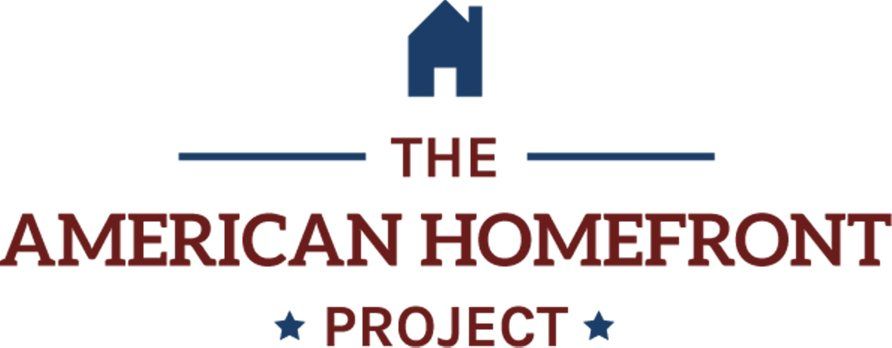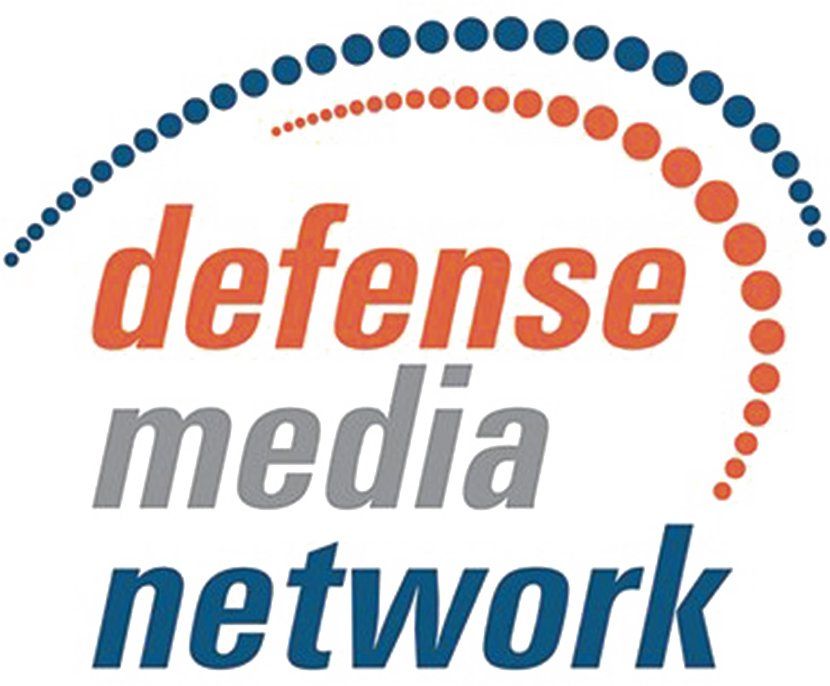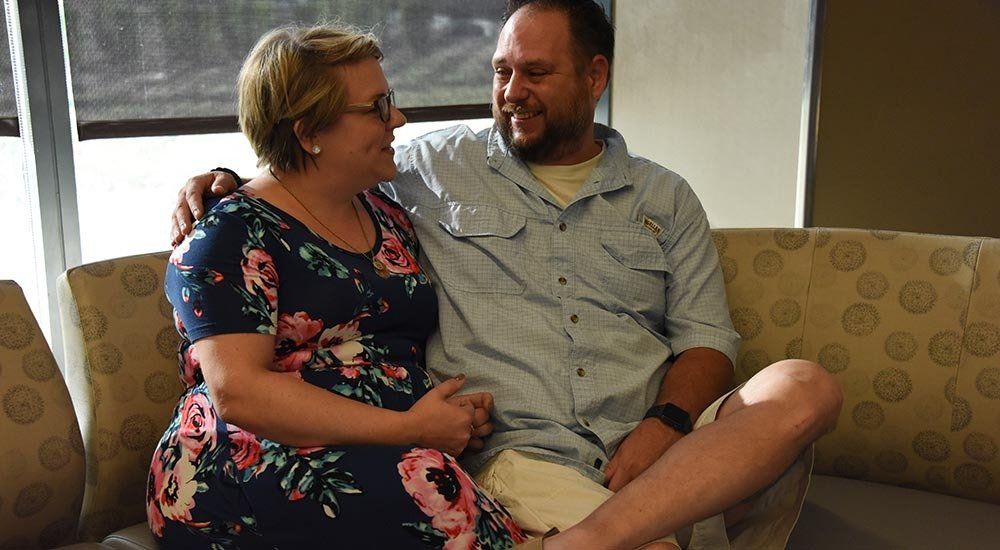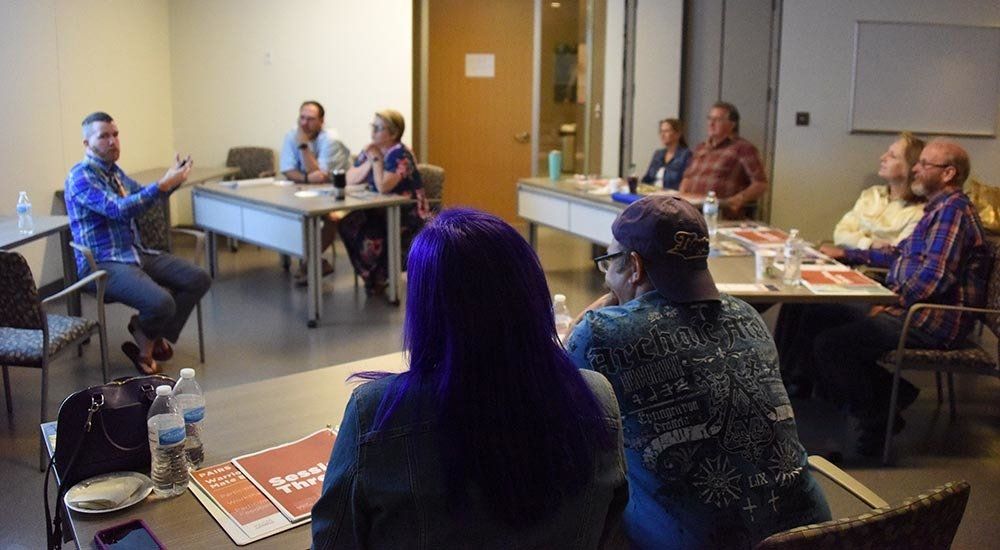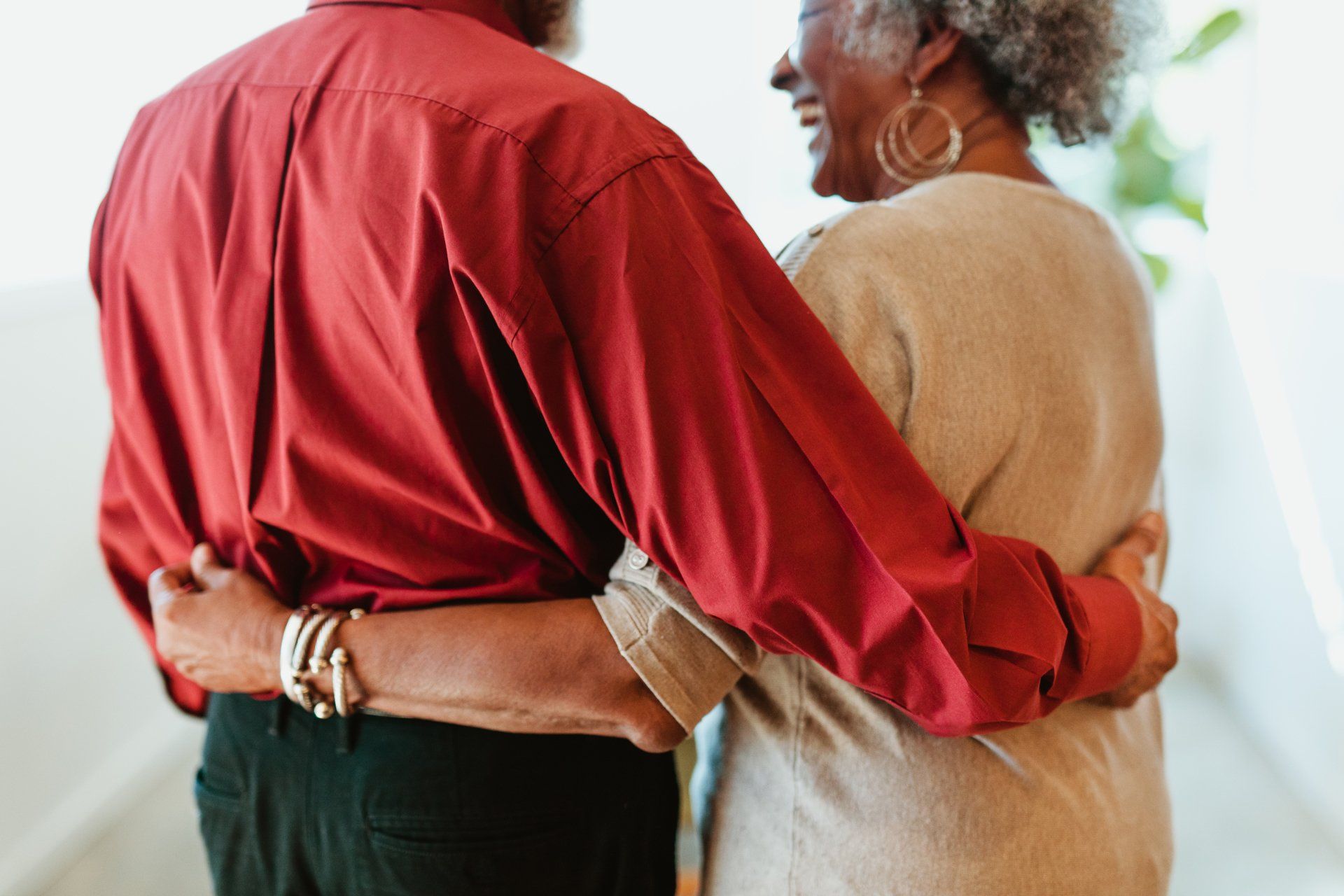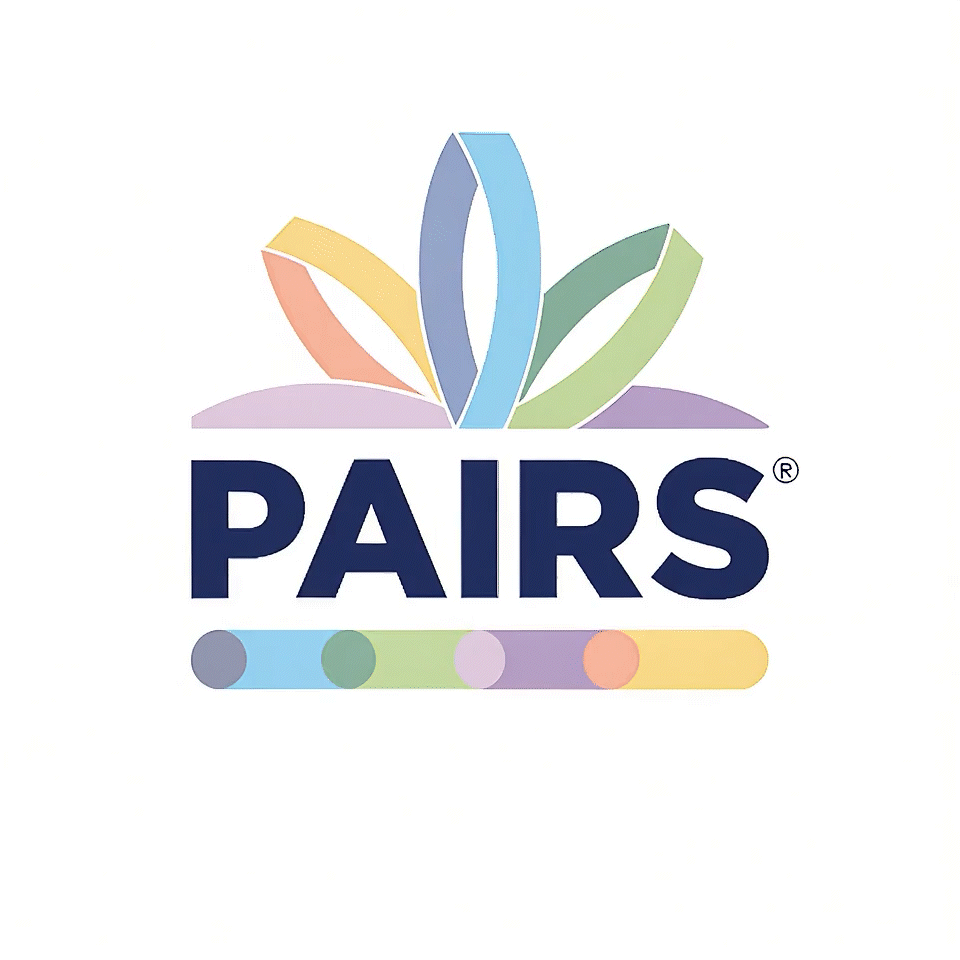This is not an official website of the U.S. Government. This website is maintained by PAIRS Foundation, a 501(c)(3) nonprofit that is responsible for worldwide marketing, distribution and support of PAIRS copyrights, trademarks, and intellectual properties.
The Warrior to Soul Mate program is supported by the PAIRS Essentials: Warrior to Soul Mate Edition curriculum. It does not suggest, imply or endorse PAIRS as the only, best or exclusive provider of such materials for the Veterans Health Administration. The information on this website does not imply or regulate in any way how VA facilities should conduct relationship education as a proactive, preventative medical treatment and/or education venture.
Warrior to Soul Mate classes are provided through the U.S. Department of Veterans Affairs under Government Contract No. 36C10G18P0009. This material may be reproduced and used by the Government with the express limitation that they will not, without written permission of the Contractor, be modified, abbreviated, excerpted, or disclosed outside the U.S. Department of Veterans Affairs, except that authorized facilitators employed by the U.S. Department of Veterans Affairs may disclose this material in the delivery of Warrior to Soul Mate classes to Veterans and their family members provided that the Government makes such disclosure subject to prohibition against further use and disclosure.
In no way is the information provided in this website intended to be prescriptive of an official VA policy.
PAIRS™ is a registered trademark (USPTO Serial Number: 88169071). First use in commerce: September 30, 1977. PAIRS Essentials: Warrior to Soul Mate Edition© is protected by copyright (United States Copyright Registration Number TX0008618555).
PAIRS Foundation | info@PAIRS.com
